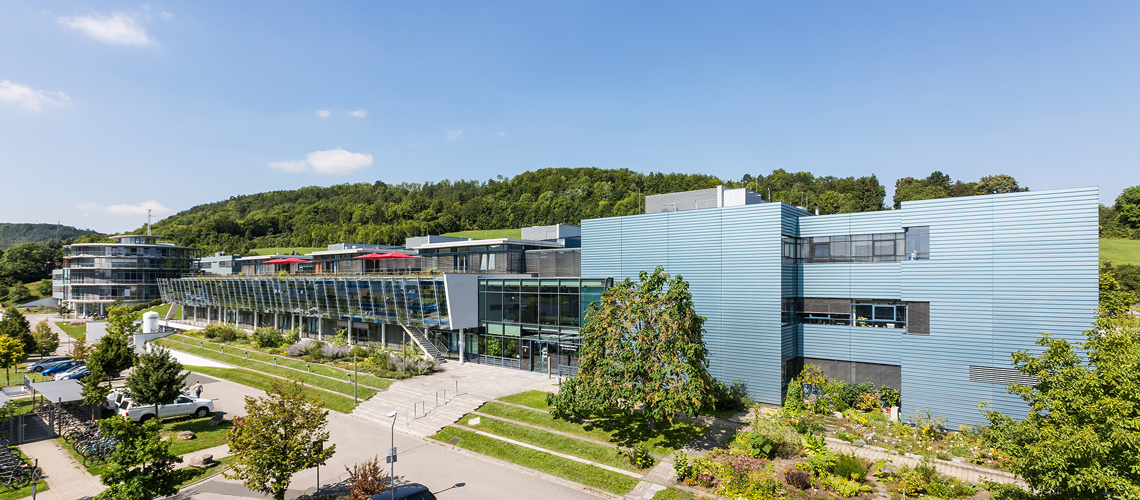
The Optics and Sensing Laboratory at the Max Planck Institute for Intelligent Systems in Tübingen have an open position for a student assistant (HiWi) to join the ongoing research efforts in creating a large-scale Grévy’s Zebra dataset. This will facilitate the development of novel computer vision and control methods for visual tracking and behavior estimation of Grévy’s zebras.
About us
We are creating highly realistic human and animal avatars for use in research, film, virtual reality, biology and medicine. Using unique 3D & 4D capture facilities, and computer vision methods, we are modeling how humans and animals look and move. We develop algorithms to estimate human and animal shape and motion in images, videos, RGB-D sequences, etc. Our approaches define the current state of the art, and we are constantly pushing these methods and systems in order to achieve better accuracy.
About the project
Grévy’s zebras are one of the inhabitants of the African Savanna that have, unfortunately, suffered rapid loss in their population. In this project, we are bringing robotics, computer vision and machine learning methods together to try to uncover the exact reasons behind their population drop. Such insights will help to develop strategies to prevent their population shrinkage further.
In Kenya and at the local Zoos in Germany, we have collected a large amount of data (video, images, depth images) using multiple sensors, such as various consumer-electronics cameras, machine vision multi-camera setup, and 3D laser scans. Combining all this data into one large-scale dataset is the essential next step required for development of novel computer vision methods for zebra pose and shape estimation.
Your tasks
- Support the development of the dataset organizing images, multi-camera videos, and 3D scans of the environment.
- Support the development of semi-automatic data-labeling processes.
- Prepare a dataset documentation and code snippets on how to use the data.
- Utilize our custom dataset to fine-tune existing deep learning models for improved animal detection and keypoint estimation
Skills required
- Strong academic performance in relevant bachelor and master courses.
- Some previous knowledge in computer vision and deep learning is a huge plus.
- Good programming skills in Python or C++; PyTorch experience is a plus.
- Experience in one or more of the following: dataset preparation, OpenCV, 3D rendering pipelines and deep-learning frameworks
- Good oral and written communication skills in English.
- Currently enrolled at a German university.
What we offer
You will be exposed to cutting-edge technologies related to computer vision and multi-sensor systems. The position is ideally suited for candidates looking to extend their scientific and cultural horizons particularly in the area of animal tracking in the wild and datasets. You will be a part of a dynamic team of international scientists, engineers, and administrative staff. Students without a Bachelor degree will earn €12 / hour; Master students with a bachelor degree will be paid €13.03 / hour. Contracts are given per semester.
The Max Planck Society is committed to increasing the number of individuals with disabilities in its workforce and therefore encourages applications from such qualified individuals. The Max Planck Society strives for gender equality and diversity. Furthermore, the Max Planck Society seeks to increase the number of women in its workforce in those areas where they are underrepresented and therefore explicitly encourages women to apply.
Contact and application
Any questions regarding the position should be forwarded to Gökce Ergün [email protected] and Solmaz Mohadjer [email protected].
Candidates must upload all the following items as a single PDF to our application portal:
- 2-page Curriculum Vitae,
- References letters (or names of referees),
- GitHub (or similar platform) project links showing your programming skills and/or 3D rendering projects,
- One-page response to the following:
- Briefly describe the need for large-scale datasets to tackle computer vision problems, including what are the main parts of such datasets,
- Briefly describe what is data augmentation,
- Tell us about your experience with computer vision datasets and/or 3D rendering software and libraries.
The position is available as of now and will be open until filled or no longer needed.





